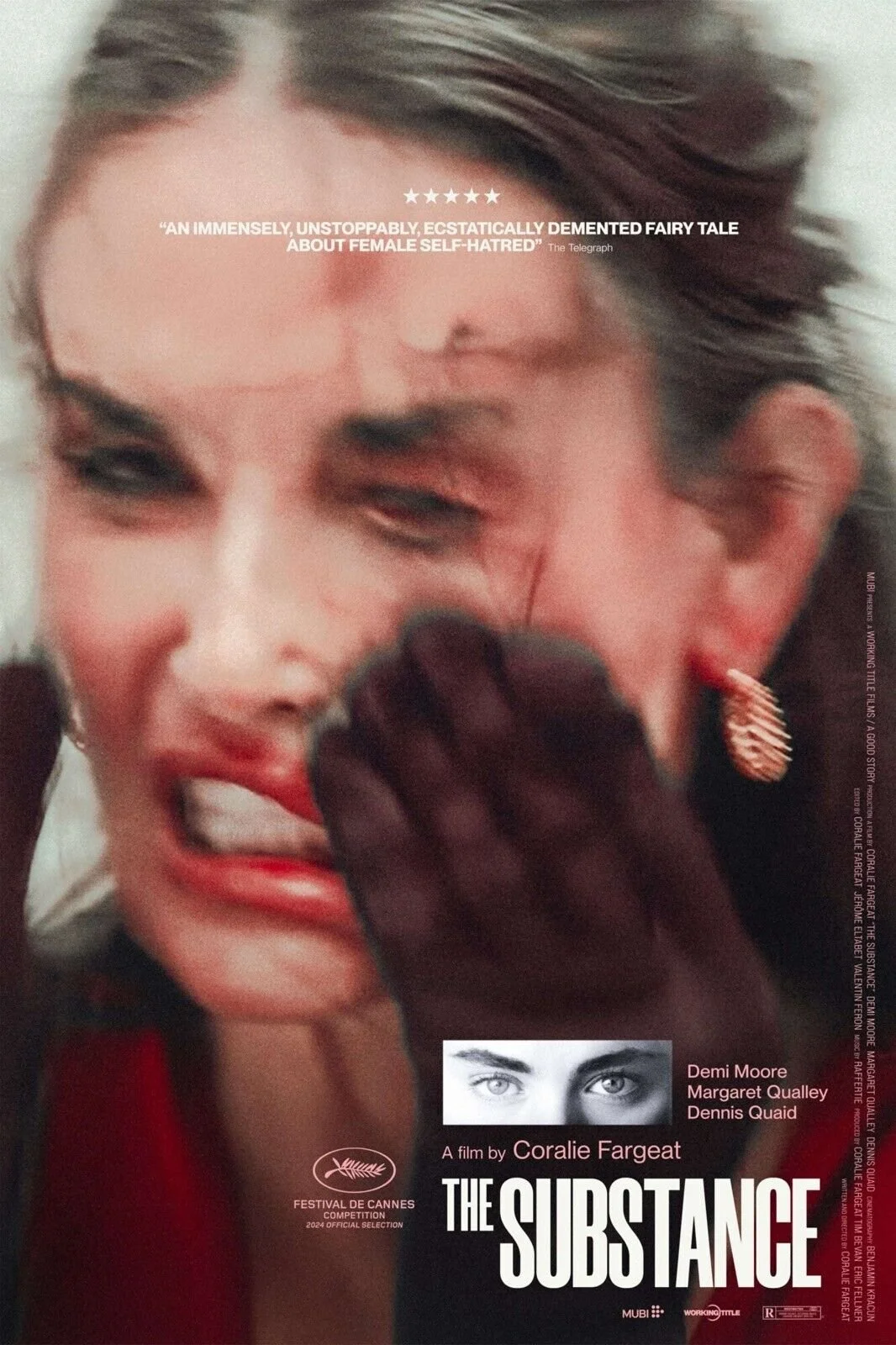You’re Not Ugly, But You Are Wrong: Why You Should Hate Plastic Surgery Too
Plastic surgery is not your friend. It is a solution to a problem that does not exist.
Photo by Fanette Guilloud
In 1915, Gillette saw an opportunity to double its potential revenue by advertising to women—and the modern standard of hairless women was born.
It’s a great strategy. Invent an embarrassing problem, then sell the cure! Today, it’s difficult for us to picture body hair on women—hence the plague of magically hairless women in zombie apocalypse movies. Hairlessness was normalized and then became an expectation. Do we really want this to happen with plastic surgery too?
You may think I’m exaggerating, that articles like this one are dramatizing reality. Putting aside the fact that the number of plastic surgery patients continues to increase every year, you probably think that plastic surgery is harmless in the grand scheme of things. Defenders of plastic surgery often argue that the benefits outweigh the costs—I have no right to tell anyone what they should (or shouldn’t) do with their bodies. I’ll concede that plastic surgery comes with noted benefits. I also agree that, at the end of the day, everyone has the right to do whatever they want with their appearance—you will certainly never see me outside a clinic protesting.
If you support plastic surgery, there’s also a good chance you already know about its inherent racism, sexism, health risks, and insane costs—and decided it was still worth it. You probably argue that there are exceptions to all these arguments. Indeed, men and White people get surgery too. In Brazil, cosmetic surgery is even subsidized by the government and performed for next to nothing in public hospitals! There, plastic surgery is seen as a way to access economic opportunities that allow women and young girls to escape poverty. How can one be against that?
Let’s put aside the capitalist hellscape idea that there’s nothing wrong with needing surgery to not live in poverty. Let’s put aside the fact that it doesn’t always work. Let’s even put aside the fact that there are dozens of better ways to help people in poverty than handing out free cosmetic surgery.
In what world does the advancement of a single person justify the subsequent damage to entire generations? You may think that every patient makes their own decision independently, but it’s well-documented that people tend to be influenced to get plastic surgery when they feel inferior to those around them. In that sense, plastic surgery acts as a domino effect, pushing one person after the next to fix something that was never broken.
Our actions don’t exist in a vacuum. Every time the beauty standard is pushed higher, we complain, but we jump anyway. You do in fact play a role in perpetuating the very same beauty standards you probably resent. Conforming to the beauty standard is cementing it as normal, expected. So why not do anything about it? Why grumble a protest and continue to suffer when you could prevent this from continuing?
I could go on and on about how beauty isn’t the trait we as women should aspire to achieve the most above all. However, I understand that it’s difficult to resist the urge to conform in a world where beauty is valued in women above all else. Luckily for us, infallible self-love is not necessary—simply not getting plastic surgery is an act of rebellion itself. You don’t have to march in the streets or risk your life. You could change the lives of an entire future generation of little girls by simply directing your attention, money, and love elsewhere.
Demi Moore in The Substance (2024), portraying the all-too- familiar feeling of frustration and self-hatred when failing to attain the unattainable “perfection”. (Source)
After all this, you may still not believe in the moral failure of plastic surgery. You may genuinely believe that normal and harmless human traits are flaws to be fixed. You may genuinely believe that there’s no harm to your actions, or that you have the right to prioritize your own advancement over everyone else’s. If so, I can only hope you have the infinite money and time required to keep up with the changing tides of public opinion—lest you face the very same mockery and disdain you were trying to avoid in the first place.





